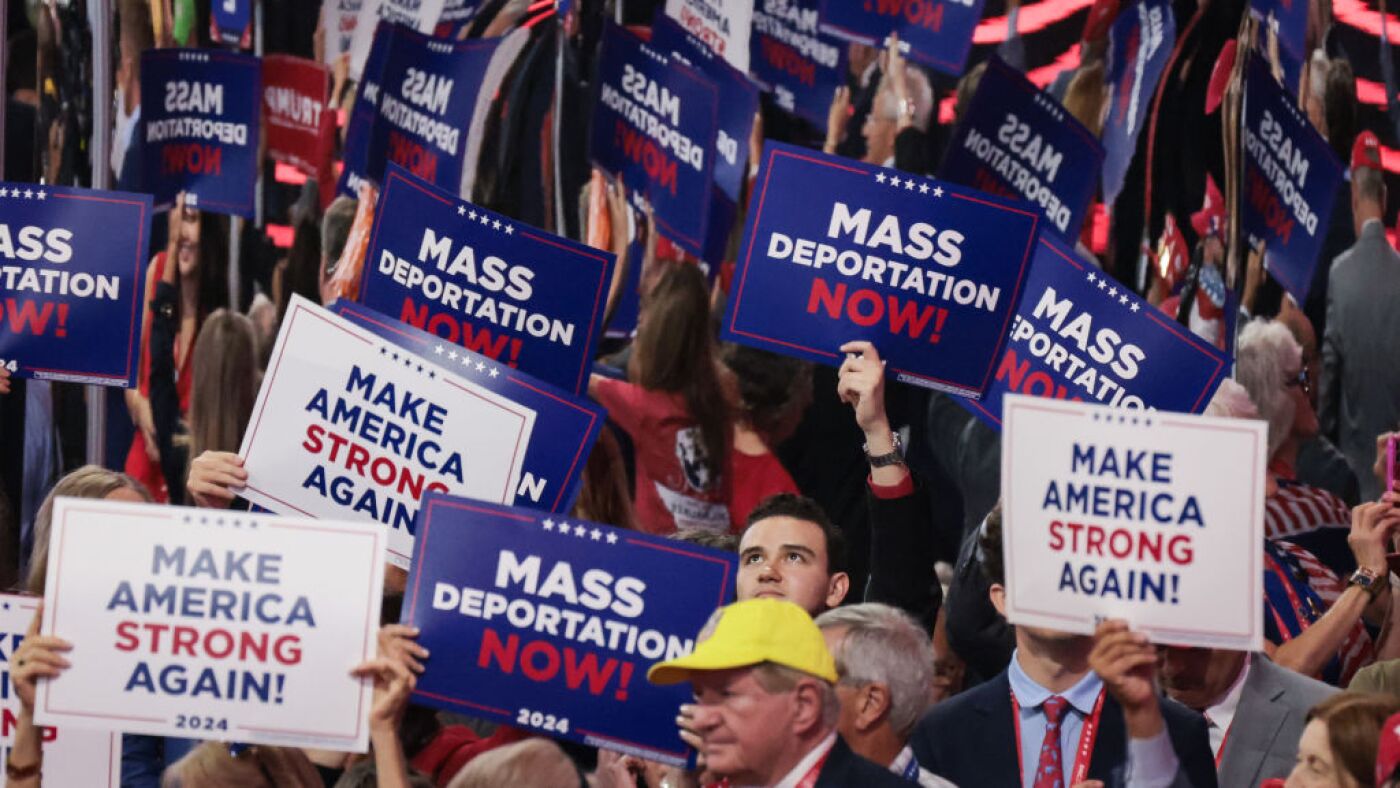1. Diplomatic Relations and Negotiations
The Iran nuclear deal, formally known as the Joint Comprehensive Plan of Action (JCPOA), has been at the center of Iran-U.S. relations for nearly a decade. Initially signed in 2015 under the Obama administration, the agreement aimed to limit Iran’s nuclear program in exchange for relief from economic sanctions. However, the U.S. withdrawal from the agreement in 2018 under President Donald Trump marked a significant turning point. This decision led to the re-imposition of stringent sanctions on Iran, which has had a profound impact on its economy.
Efforts to revive the JCPOA have been ongoing, with President Joe Biden’s administration expressing a willingness to re-engage in negotiations. Recent talks have included discussions on re-entering the deal or negotiating a new framework. However, progress has been slow, and various sticking points, including Iran’s regional activities and missile program, remain contentious.
2. Economic Sanctions and Their Impact
Economic sanctions have been a cornerstone of U.S. policy toward Iran, aiming to pressure Tehran into complying with international norms and agreements. The sanctions imposed since 2018 have significantly affected Iran’s economy, leading to inflation, currency devaluation, and decreased oil exports. These economic hardships have sparked internal unrest and highlighted the broader human cost of geopolitical strategies.
The Biden administration has sought to balance its approach by emphasizing diplomacy while maintaining some level of sanctions pressure. Recent discussions have also focused on potential relief measures if Iran demonstrates compliance with international agreements. The delicate interplay between sanctions and diplomacy remains a critical factor in shaping the future of Iran-U.S. relations.
3. Regional Conflicts and Influence
Iran’s influence in the Middle East has been a point of contention between the two nations. Iran’s support for various militant groups and its involvement in regional conflicts, including in Syria, Iraq, and Yemen, have raised concerns in Washington. The U.S. has often criticized Iran’s actions as destabilizing and contrary to international norms.
Conversely, Iran views its regional influence as a legitimate response to what it perceives as U.S. interference and aggression. The ongoing conflict in Yemen, the Syrian civil war, and the political dynamics in Iraq are all areas where Iran and the U.S. have clashed, contributing to the broader tensions between the two countries.
4. Human Rights and Diplomatic Relations
Human rights issues have also played a role in the Iran-U.S. dynamic. The U.S. has frequently criticized Iran for its human rights record, including its treatment of political dissidents and minorities. These concerns have influenced U.S. policy and public opinion, often complicating diplomatic efforts wispotlight.com.
Iran, in turn, has accused the U.S. of hypocrisy, arguing that American criticism is often driven by political agendas rather than genuine concern for human rights. This ongoing dialogue about human rights is an important aspect of the broader relationship, influencing both public perception and policy decisions.
5. Future Prospects and Challenges
Looking ahead, the future of Iran-U.S. relations remains uncertain. The potential for renewed diplomatic engagement exists, but it is contingent on addressing several complex issues, including nuclear ambitions, regional policies, and human rights concerns. Both nations face internal and external pressures that could shape their approach to negotiations and policy.
The evolving geopolitical landscape, including shifting alliances and regional developments, will also play a role in determining the trajectory of Iran-U.S. relations. As global dynamics continue to shift, the interactions between these two nations will remain a key area of focus for policymakers, analysts, and observers worldwide.
conclusion
In conclusion, the relationship between Iran and the U.S. is a multifaceted and evolving issue, marked by diplomatic challenges, economic pressures, and regional conflicts. As both nations navigate this complex terrain, the outcomes of their interactions will have significant implications for regional stability and global politics.




